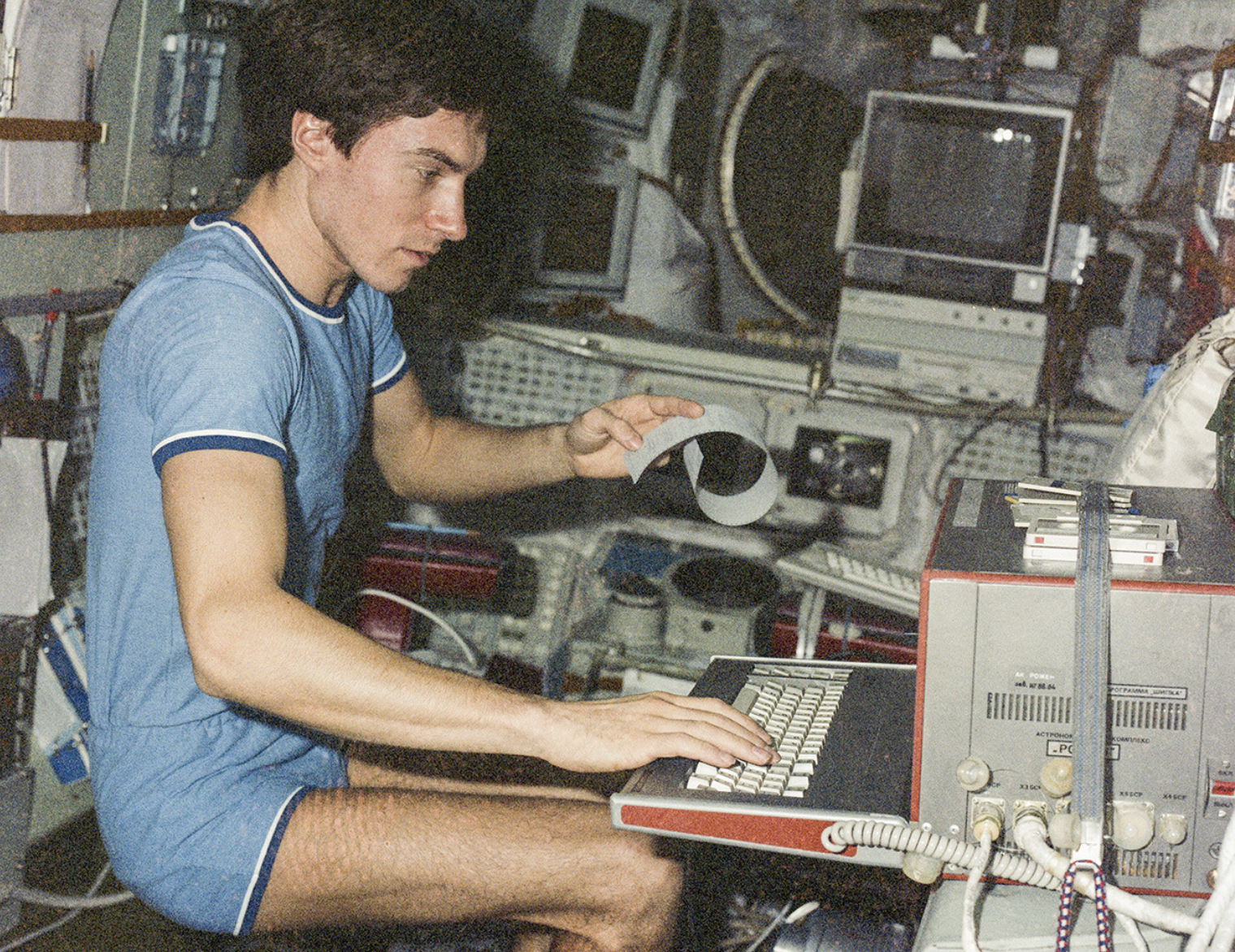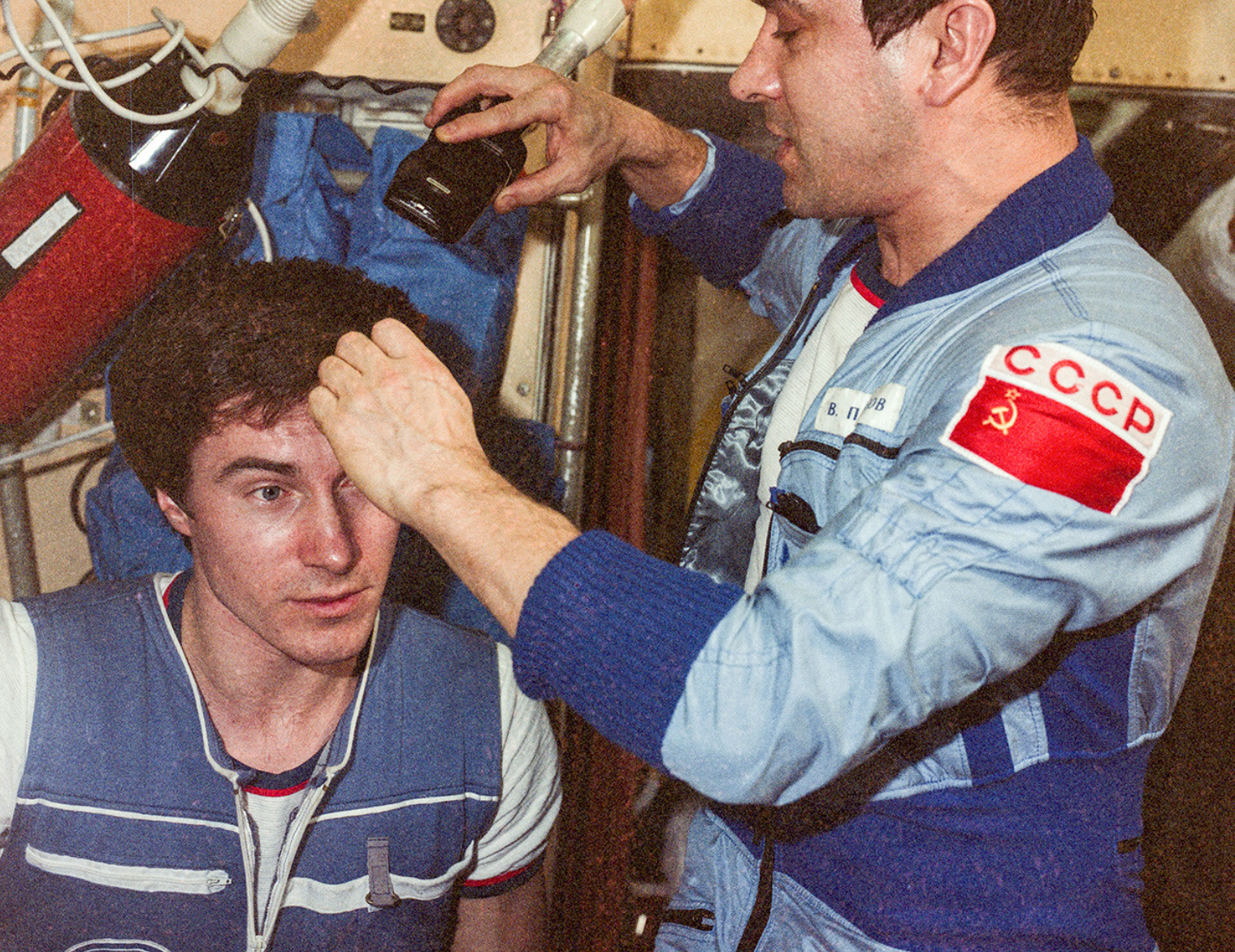At the time of the collapse of the Soviet Union, cosmonaut Sergei Krikalev was in space and was 'stuck' for a period of time before being returned to Earth.

When the Soviet Union collapsed in 1991, cosmonaut Sergei Krikalev was aboard the Mir space station and was dubbed “the last Soviet citizen.” At that time, Mr. Krikalev was told that he could not return to Earth because the country that had promised to take him home no longer existed.
What happened to Krikalev
Four months earlier, Krikalev, a 33-year-old space engineer, had set off for the Mir space station from the Soviet Union’s Baikonur Cosmodrome in Kazakhstan. Krikalev’s mission was scheduled to last five months. Little did Krikalev know that a coup would change everything.
Mr. Krikalev recalled: “For us, this was completely unexpected. We didn’t understand what was happening. When we discussed it, we were just trying to understand how it would affect the space industry.”
And indeed, what happened next turned the space industry upside down. When the Soviet Union collapsed, Krikalev was told there was no money to bring him back to Earth.
In fact, he could have left earlier when a spacecraft arrived at Mir and was scheduled to return to Earth. However, that would have meant that Mir would have been abandoned and unattended.
"I wondered if I was healthy enough to carry out the mission of maintaining Mir. I really wasn't sure," he recalled.
Staying in space for too long can cause many health problems, including muscle cramps, radiation, cancer risk, and a weakened immune system.
In Krikalev’s case, the mission lasted twice as long as originally planned. He spent a total of 311 days, or about 10 months, in space. During that time, Russia cut its four scheduled missions to two. Notably, neither of those missions carried another space engineer to the space station.
Russia, which was having major financial problems due to inflation at the time, offered other countries flights on its Soyuz rockets. Austria bought a seat for $7 million, and Japan bought a seat for $12 million to send a television reporter to the space station.
Accordingly, while the other crew members returned to Earth, Krikalev, the only mechanical engineer, had to stay at the space station. Locked in space, far from home, Krikalev had to ask his colleagues to bring him honey to lift his spirits. But all he got was lemon and horseradish.
Return
Mr. Krikalev finally returned to Earth on March 25, 1992, after Germany paid $24 million to buy a ticket for engineer Klaus-Dietrich Flade, who could replace him.
When he landed, the man was still wearing a spacesuit with the words “USSR” and the red Soviet flag. One report described his appearance as “pale as flour and covered in sweat, like a wet dough.” This was when the world learned about this “victim of space.”
Then four people helped him up and supported him as he landed. One of them gave him a fur coat, while the other brought him a bowl of soup.

While Krikalev was “stuck” in space, everything changed. The suburbs of Arkalykh, the city where he landed, were no longer part of the Soviet Union but became part of the independent republic of Kazakhstan. The city where he lived was no longer called Leningrad but St. Petersburg.
While in space, he orbited the Earth 5,000 times and his country's territory shrank by more than 5 million square kilometers. The Soviet Communist Party, which had ruled the country since the 1920s, was gone. His salary of 600 rubles a month, which at the time of his space flight was considered a good salary for a scientist, was severely devalued.
“I lived on Russian territory while the republics were united into the Soviet Union,” Krikalev said at a press conference a few days later. “And now when I return to Russia, it is part of the Commonwealth of Independent States.”
He was later made a Hero of Russia and two years later, went on another space mission, becoming the first Russian cosmonaut to fly on a NASA shuttle. He later became the first person to be on the new International Space Station.
TN (Synthesis)